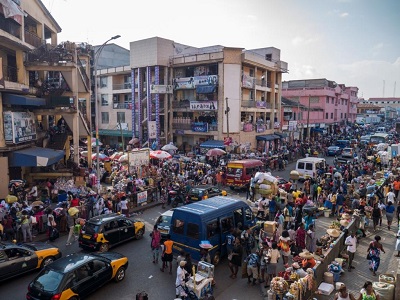World Bank Blames Fiscal Indiscipline for Ghana’s Economic Crisis
The World Bank has attributed Ghana’s 2022 economic crisis to a lack of fiscal discipline and an expensive response to global shocks, which left the country in a state of debt distress.
In its Ghana Public Finance Review report, the Bretton Woods institution highlighted weak budgetary institutions, high fiscal liabilities in the financial and energy sectors, and insufficient revenue collection as key contributors to the crisis.
It noted that weak expenditure controls created a cycle of reduced fiscal space and unsustainable debt accumulation, exacerbated by a heavy reliance on external commercial borrowing and declining tax revenues in the prior years led to the downturn.
Additionally, costly interventions, such as the financial sector clean-up and persistent losses in the energy sector, placed further strain on public finances.
“With precarious fiscal conditions, the prolonged and expensive fiscal response to COVID-19 and the subsequent deterioration of global conditions plunged Ghana into a full-fledged crisis—and into debt distress—in 2022,” the report stated.
The report, however, acknowledged some progress in Ghana’s economic stabilization since 2024 but warned that more work is needed to meet monetary and fiscal targets and create sustainable fiscal space.
It recommended stronger domestic revenue mobilisation as a critical step toward financing key development priorities and ensuring long-term economic resilience.








